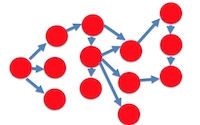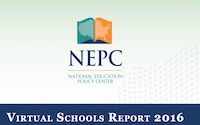
Experience with a Massive Open Online Course in Rural Rwanda
The growing utilization of massive open online courses (MOOCs) is opening opportunities for students worldwide, but the completion rate for MOOCs is low (Liyanagunawardena, Adams, & Williams, 2013). Partners In Health (PIH) implemented a “flipped” MOOC in Rwanda that incorporated in-class sessions to facilitate participant completion. In October 2013, PIH invited its employees, as well […]















